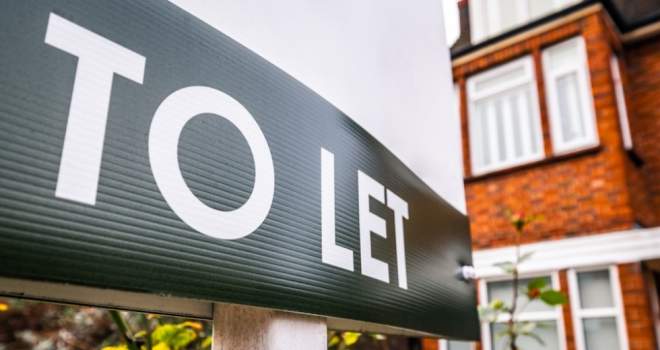First-time buyers in the UK today face a monumental task getting their first foot onto the property ladder. Record house prices, rising inflation, and the spiralling cost of living have caused many to give up the idea of homeownership and look elsewhere.
New research from Ocasa, highlights why the UK public is increasingly looking toward the long-term rental market as an alternative to homeownership, finding that flexibility and affordability are two key contributing factors.
Previous research from the specialist rental platform revealed that the number of rental homes in the UK has increased by 1.1 million in the past decade led by build-to-rent developers who have started to focus on ‘the delivery of better rental homes for tenants to occupy on a far longer-term basis.
Ocasa has now examined the intricacies of home buying and ownership to illustrate why more people are choosing to rent instead of buy.
High upfront costs
The immediate buying turn-off for many would-be buyers is the astronomical upfront cost. The UK’s average house price is now £278,436. In major cities, it is often even higher. This average means that a buyer needs to have immediate access to £41,765 for a 15% deposit, which is the average deposit required to secure an attractive mortgage rate.
On top of this, unless you are buying for the first time, more upfront money is required in order to pay stamp duty.
In England, an average house price of £297,524 means the average stamp duty (SDLT) bill is £4,876. In Wales, where the average house price is £206,395, stamp duty (LTT) costs an average of £923. In Northern Ireland, where homes cost an average of £164,590, stamp duty (SDLT) costs £791. And with Scotland’s average house price of £181,415, stamp duty (LBBT) costs £728.
Large ongoing financial commitments
After the initial expense of deposit and tax, homeownership results in big ongoing financial commitments.
There are, of course, monthly mortgage repayments to consider. If you default on these, the lender can strip your home away from you. But something that people often neglect to consider is the ongoing cost of running and maintaining a home.
There is a general rule of thumb that states the cost of maintaining a home for a year is equivalent to 1% of the property’s value. With an average house price of £278,436, this means owners have to spend £2,784 a year to keep it in a good condition.
Unlike a tenant, an owner is entirely responsible for arranging and paying for all maintenance tasks to be completed and, if a major issue comes up, such as boiler failure or leaky roof, it can end up costing the owner tens of thousands of pounds to repair.
Exposure to the external economic elements
As a property owner, you are exposed to factors outside of your control, not least the ups and downs of the economy.
Rising interest rates will directly impact your mortgage often resulting in you having to pay more for the interest on your loan. At the moment, interest rates are at 9%, the highest they have been for 40 years.
The value of property can crash. The 2008/09 financial crisis is a prime example. So a home purchased for £300,000 could suddenly be worth £250,000. This can put you in negative equity which means your home is worth less than the mortgage you have taken out.
Local conditions and events can also affect property value – if your local area becomes less desirable for any reason, your home will suddenly lose value – and value will also decline if you don’t maintain the property properly.
Less flexibility and freedom
As a renter, you have absolute freedom. You can move anywhere in the world at any time, so long as you honour your 6 or 12-month tenancy agreement. As an owner, however, it’s much harder to up and move quickly because, when you choose to sell, it can take up to a year to find a buyer and complete the sale.
This means if you’re unsure about where in the world you want to settle down or are unsure where your job might take you, or perhaps even if your job is secure, you’re always better off renting than buying.
Jack Godby, Head of Sales and Marketing at Ocasa, commented: “In the UK, popular opinion has long said that owning a home is better than renting; renting is something you do while you wait until you can afford to buy. But this isn’t the case in other countries, and it’s become less and less so here.
“People are now choosing to rent for the long-term, rejecting buying altogether because of the many downsides that come with ownership, from the growing expense to the risk and inflexibility. In reaction to this growing demand, rental providers are upping their game, providing high-quality homes with tenancy agreements that offer greater security and more freedom to make the property their own.
“This is particularly true of the build to rent sector which has grown phenomenally in just a few short years and looks to be one of the driving forces of change when it comes to how we choose to live.”
Credit: Source link










